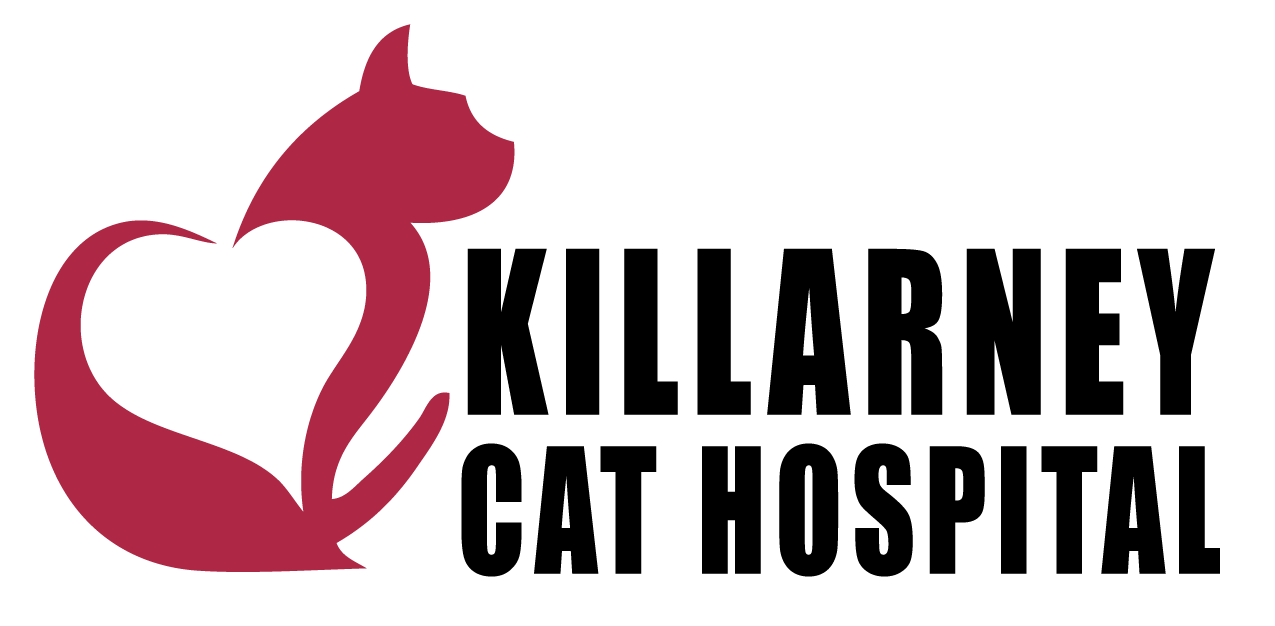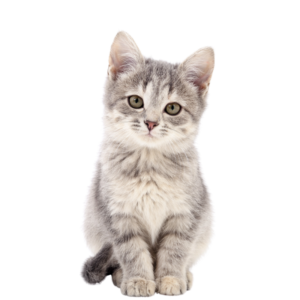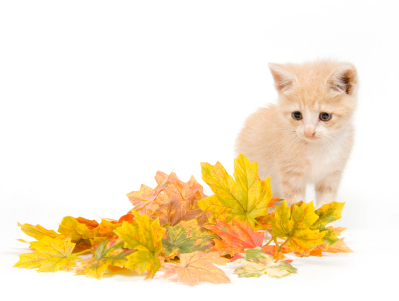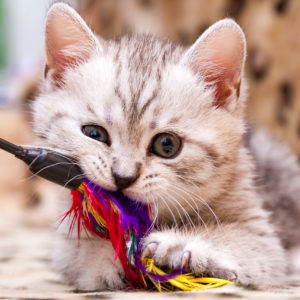Thanksgiving is coming up and this usually means the coming together of family and friends. This is the time of year when the leaves are turning colour and everyone is getting out their warm sweaters! It can be a wonderful time for us; however, this time of year can bring many risks to our furry, feline family members.
Thanksgiving dinner is an essential part of the Canadian Thanksgiving weekend. The turkey with all of the trimmings is always appreciated by guests. These delicious things can also hold hidden dangers to our cats. Just like dogs, cats run the risk of choking on cooked turkey bones. When bones are cooked, they become brittle and can shatter when chewed; creating sharp obstructions that can cause serious and sometimes irreversible damage to their digestive system. Our cats are also accustomed to a very specific diet they get from their regular food. These diets include all of the necessary elements required for nourishment. Suddenly adding rich foods, like turkey or buttered vegetables, can cause vomiting and diarrhea or even a serious condition called pancreatitis. Symptoms in cats include lethargy, dehydration and often they will stop eating. Many of our Thanksgiving recipes include ingredients that are toxic to cats. These foods include onions, garlic, and leeks. Also, alcohol and chocolate are just as toxic to cats as they are to dogs. Cats also become lactose intolerant as adults, so giving them dairy rich desserts can also cause digestive upset. One great thanksgiving treat for cats (or dogs!) is pumpkin. Unsweeted, plain canned pumpkin is a great source of fiber and can help with diarrhea or constipation.
Apart from the Thanksgiving meal, there are other hazards that come with the holiday. A beautiful floral centerpiece is always popular when having guests. It should be remembered that there are some plants that are mildly to extremely toxic to cats however. Any kind of lily is extremely toxic to cats and can cause kidney failure. Baby’s breath, ivy, and irises can also be toxic to your cat if they decide to take a nibble. Many cats enjoy chewing green leaves, and in October, these can be hard to come by. Having a cat grass garden can be a great alternative for your cat as they prefer this to the sometimes strong smelling floral arrangements. Always supervising candles is also a great way to prevent any inadvertent accidents, as we all know our cats can be tremendously curious about the bright flickering flame.
Perhaps the greatest risk to our feline friends is the stress of having company in their home. This can create an abrupt change to our cat’s highly cherished routine. This can manifest itself in cats hiding and not eating well or even not wanting to use their litter boxes. There are ways to help decrease this stress. Feliway is a synthetic pheromone that helps cats feel more safe and relaxed. It comes in a diffuser or a spray. This product has no detectable smell to humans or other animals. Designating a quiet area for your cat can also help with this. For example, a favorite bedroom or even a top or bottom floor of a home. In this area you can keep their bed, litter box, and food and water, along with some Feliway. This way, your cat can relax and can come out to visit and explore if they choose. Also don’t forget to give them their normal amount of love and attention that they are used to getting. If you regularly play with your cat around bedtime, keeping this routine during busy times can make a huge difference to your cat.




